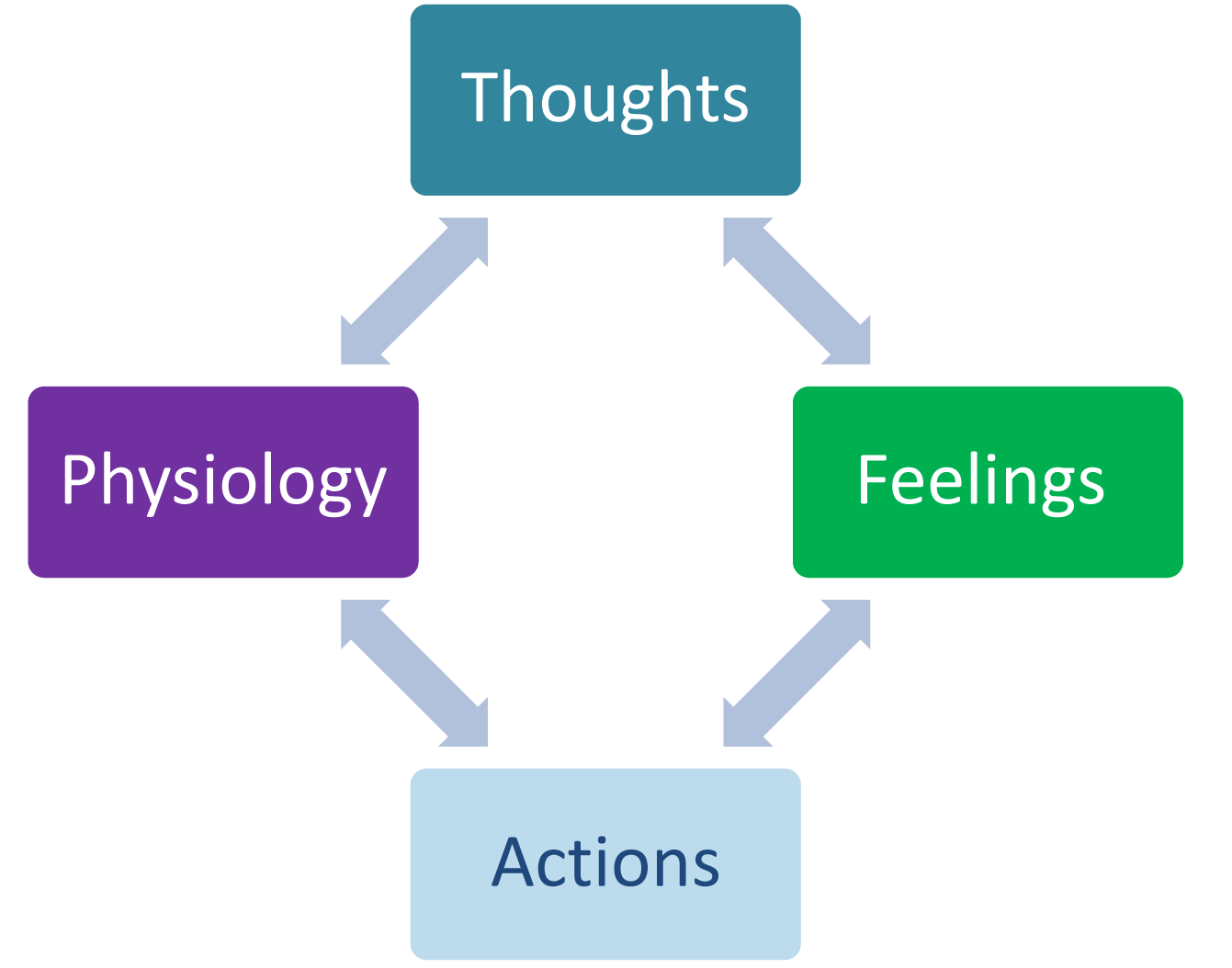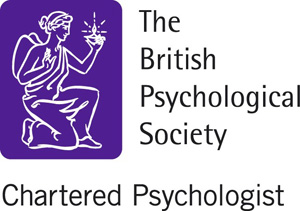Cognitive Behavioural Therapy
Cognitive Behavioural Therapy or CBT has been found to be effective for a wide range of psychological difficulties. It is a short-term therapy that is focused on thinking patterns and how these inform feelings, physical reactions and behaviour. The average course of CBT is in the region of 15 sessions, although some conditions need longer (up to 20 sessions). Some clients like to have a course of CBT and then visit monthly for ‘booster’ sessions.
While CBT is a present-focused therapy, many of our thought patterns and the beliefs that underpin them, are laid down early in our lives. People are often surprised to uncover the beliefs that are informing their behaviours, as many of these are ‘handed’ to us by important figures in our lives, or transmitted by the society and context in which we find ourselves. As such, many of our beliefs remain out of awareness, despite having a profound impact on our experience of life and ultimately, our psychological health.
CBT is particularly useful for anxiety problems such as panic, generalised anxiety, health and social anxiety, phobias and Obsessive Compulsive problems. It can also be helpful for depression and certain trauma issues.
CBT is the therapy most often utilised in the NHS and by Improving Access to Psychotherapy Therapy (IAPT) programmes. Crucial to the success of CBT, is the collaborative relationship in which therapist and client work together in an open and transparent way to understand difficulties. You can rest assured that I will hold the collaborative relationship at the heart of our work together. Sadly, this often fails to happen when CBT is delivered in more target-driven contexts.



